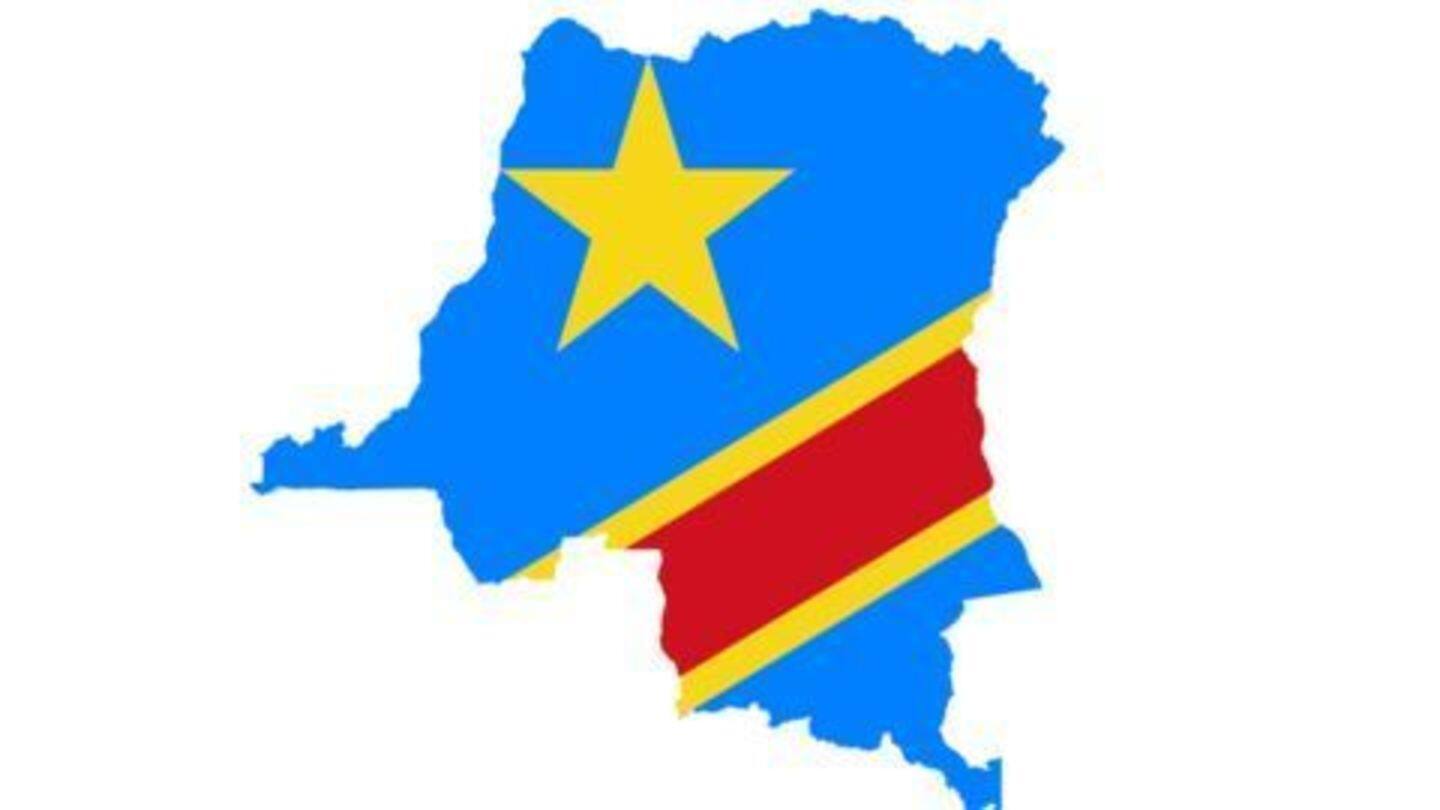
Street clashes in Kinshasa, Congo kill dozens
What's the story
In the last two days, 44 people have died in street clashes that sparked between security forces and protesters.
The protests are against the delay in holding of presidential elections in Congo.
Thousands of people have participated in the protest and nearly 100 have been arrested.
Protesters are calling for President Joseph Kabila to step down after his term expires on 20 December, 2016.
The revolt
The Presidential Elections in Congo
Incumbent President Joseph Kabila has ruled the region since 2001 and in 2006 won the first democratic presidential poll since Congo's independence in 1960.
He won a second 5-year term in 2011.
Elections were due to be held in November however they've now been postponed.
The opposition believes Kabila is delaying the elections to remain in power beyond the maximum limit of two-terms.
Information
President Kabila in caretaker's capacity
In May 2016, the Constitutional Court said that President Kabila could continue to remain in office, albeit, in a caretaker's capacity until an election was held, triggering protests. The current violent protests were sparked by the Election commission petitioning the constitutional court to postpone presidential-elections.
What transpired?
Protests in Kinshasa
Thousands of opposition protesters thronged the streets armed with rocks and blocked roads with burning tires and barricades.
Livid protesters were met with police in riot gear who were wielding flares, tear-gas and used water cannons to control the crowd.
Businesses were burned, traffic across the city had come to a halt and dead bodies were lying everywhere on the street after protests.
How?
Opposition leaders feel blowback
According to a Human Rights Watch report, in 2015, opposition members were attacked on the behest of government officials.
Opposition party headquarters were torched overnight on September 19 in retaliation over protests. Opposition leader Martin Fayulu, had been detained who also suffered a head injury during the march.
Further unrest is indicated as opposition leader Etienne Tshisekedi called for intensifying protests until December 19.
Concern and anxiety
Reactions from across the world
French Foreign Minister referred to the situation in Congo as "extremely worrying and very dangerous" and added that European nations would discuss imposing of sanctions.
State Department spokesperson, John Kirby, said the U.S. was "disappointed" that elections had been postponed and were alarmed at violence at the civil protests.
The African Union urged parties in Congo to seek solutions to the current impasse.
Information
Repeat of 2015 protests
According to 'Human Rights Watch' reports Joseph Kabila's government has been responsible for violence against protesters earlier as well. In 2015, security forces lobbed teargas and bullets at people who were protesting against an election-law that would delay voting to take a full census.